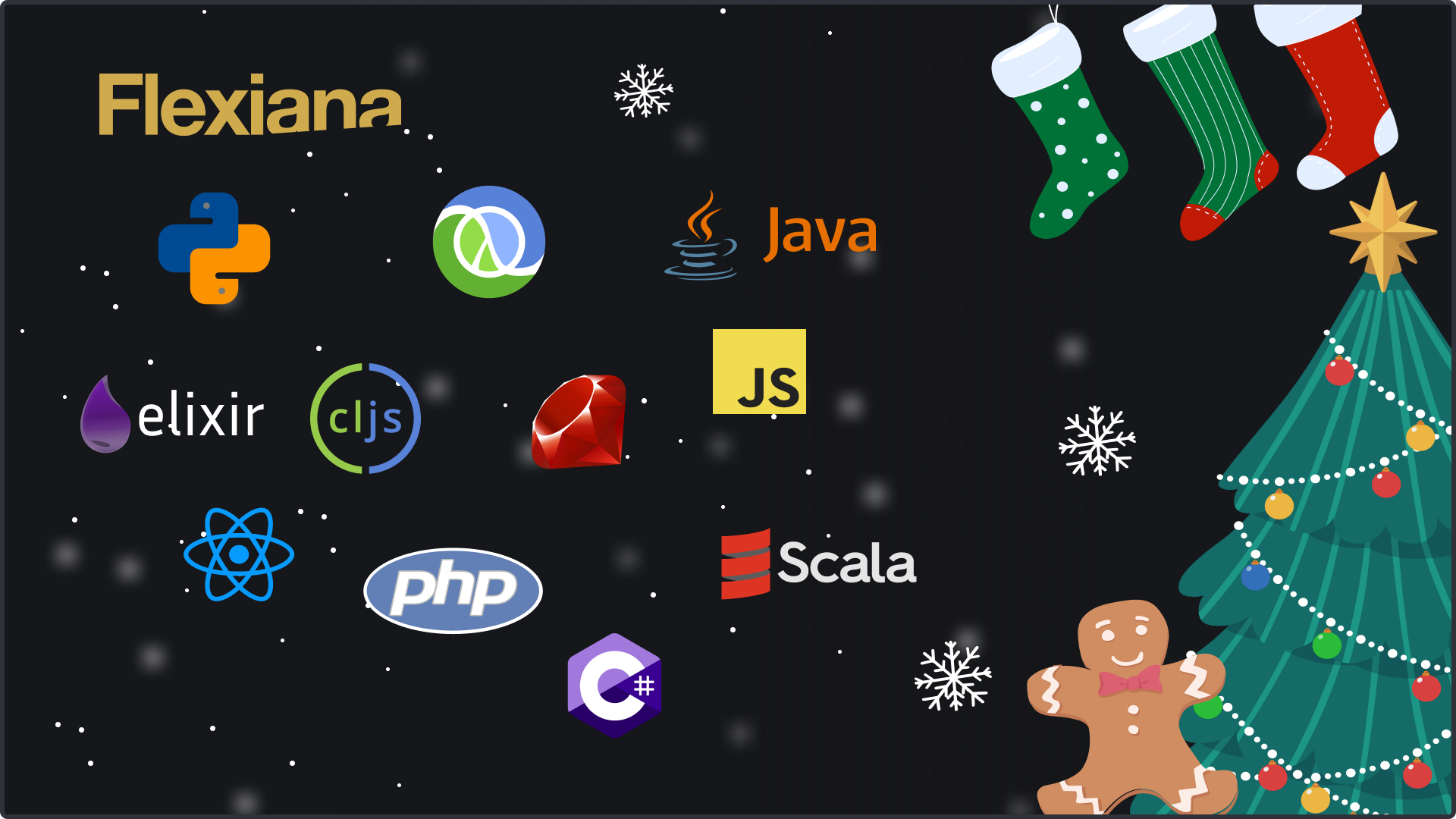What Is a Software Development Methodology?
A software development methodology is a structured approach to planning, executing, and managing software projects. Think of it as a set of rules and best practices that guide how software is created and delivered. The right methodology helps make sure that your project is completed on time, within budget, and meets your requirements.
Popular Software Development Methodologies
Here’s a quick rundown of some popular methodologies and how they might fit your needs:
1. Waterfall Methodology
What It Is: The Waterfall methodology is a traditional approach where each phase of the project (requirements, design, development, testing, and maintenance) must be completed before moving on to the next. It’s like following a strict recipe without deviations.
When to Use It: Waterfall is best for projects with clear, unchanging requirements. If you’re developing a straightforward application with well-defined goals, this approach can work well. However, it’s not very adaptable if you need to make changes along the way.
Example: Imagine you’re building a simple inventory management system with a clear list of features. The Waterfall approach would involve gathering all the requirements first, designing the system, then coding, testing, and finally deploying it.
2. Agile Methodology
What It Is: Agile is a more flexible and iterative approach. Instead of planning everything upfront, Agile breaks the project into smaller, manageable chunks called “sprints” or “iterations.” Each iteration involves planning, development, testing, and review.
When to Use It: Agile is great for projects where requirements might evolve over time. It’s useful when you need to adapt to changes quickly and gather feedback from users regularly.
Example: Consider you’re developing a new e-commerce platform. With Agile, you might start by building and testing a basic version of the site, then gradually add features like payment integration and user reviews based on feedback from users and stakeholders.
3. Scrum Framework
What It Is: Scrum is a specific type of Agile methodology focused on managing and completing complex projects. It uses time-boxed iterations (called sprints) and regular meetings (like daily stand-ups) to keep the team on track.
When to Use It: Scrum works well for teams that thrive on collaboration and need to deliver incremental improvements. It’s particularly useful for projects with rapidly changing requirements or for companies looking for regular feedback and continuous improvement.
Example: Imagine your company is developing a new mobile app. With Scrum, you would hold regular meetings to discuss progress, plan short sprints, and deliver incremental updates, ensuring that each version of the app brings new features or improvements.
4. Kanban
What It Is: Kanban focuses on visualizing the workflow and managing work in progress. It uses a Kanban board to track tasks and helps teams manage their workload easily.
When to Use It: Kanban is best for teams that need flexibility and want to continuously improve their processes. It’s useful for projects where work needs to be done on an ongoing basis rather than in fixed iterations.
Example: If your company is managing ongoing maintenance and updates for a software product, Kanban allows you to prioritize and handle tasks as they come up, ensuring that the most critical issues are addressed promptly.
Choosing the Right Methodology for Your Company
Selecting the right methodology depends on various factors, including the complexity of your project, the size of your team, and how likely your requirements are to change.
Startups and Small Businesses: Agile or Scrum might be ideal due to their flexibility and focus on iterative development, helping you adapt quickly and stay responsive to market needs.
Midsize Companies: A mix of Agile and Kanban can work well, providing both gradual development and easy workflow management.
Large Enterprises: Waterfall might be suitable for large-scale projects with well-defined requirements, while Agile or Scrum can be used for projects needing continuous improvement and adaptability.
Understanding software development methodologies can help you make informed decisions about how to manage your projects and work with external development services. By choosing the right approach, you can make sure that your software projects are completed effectively, meet your needs, and help your business grow.
If you’re considering external software development services, talk about these methodologies with your potential partners to find the best fit for your project. Each methodology has its strengths, and the right one can help you reach your goals and handle the challenges of software development more easily.









